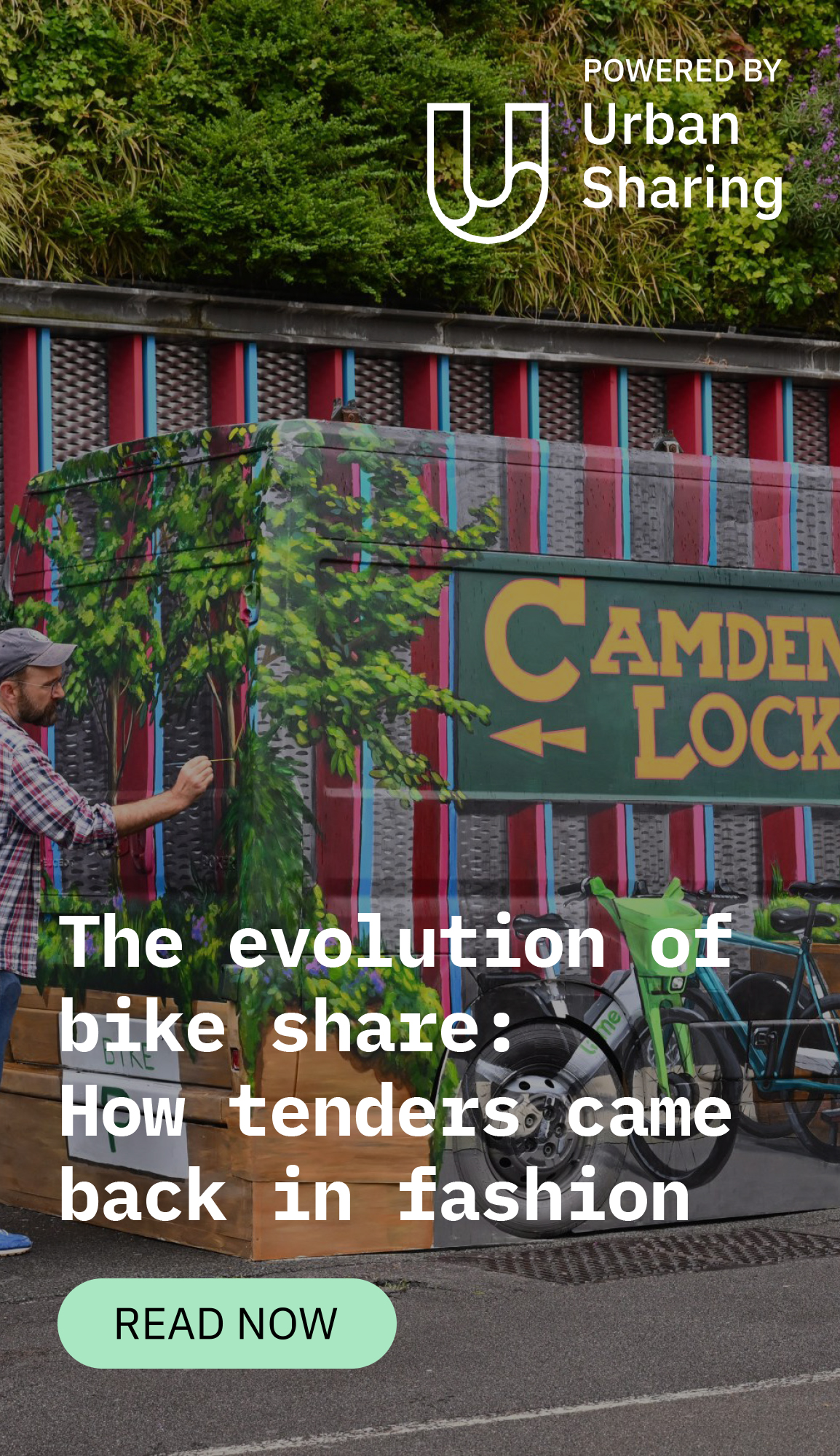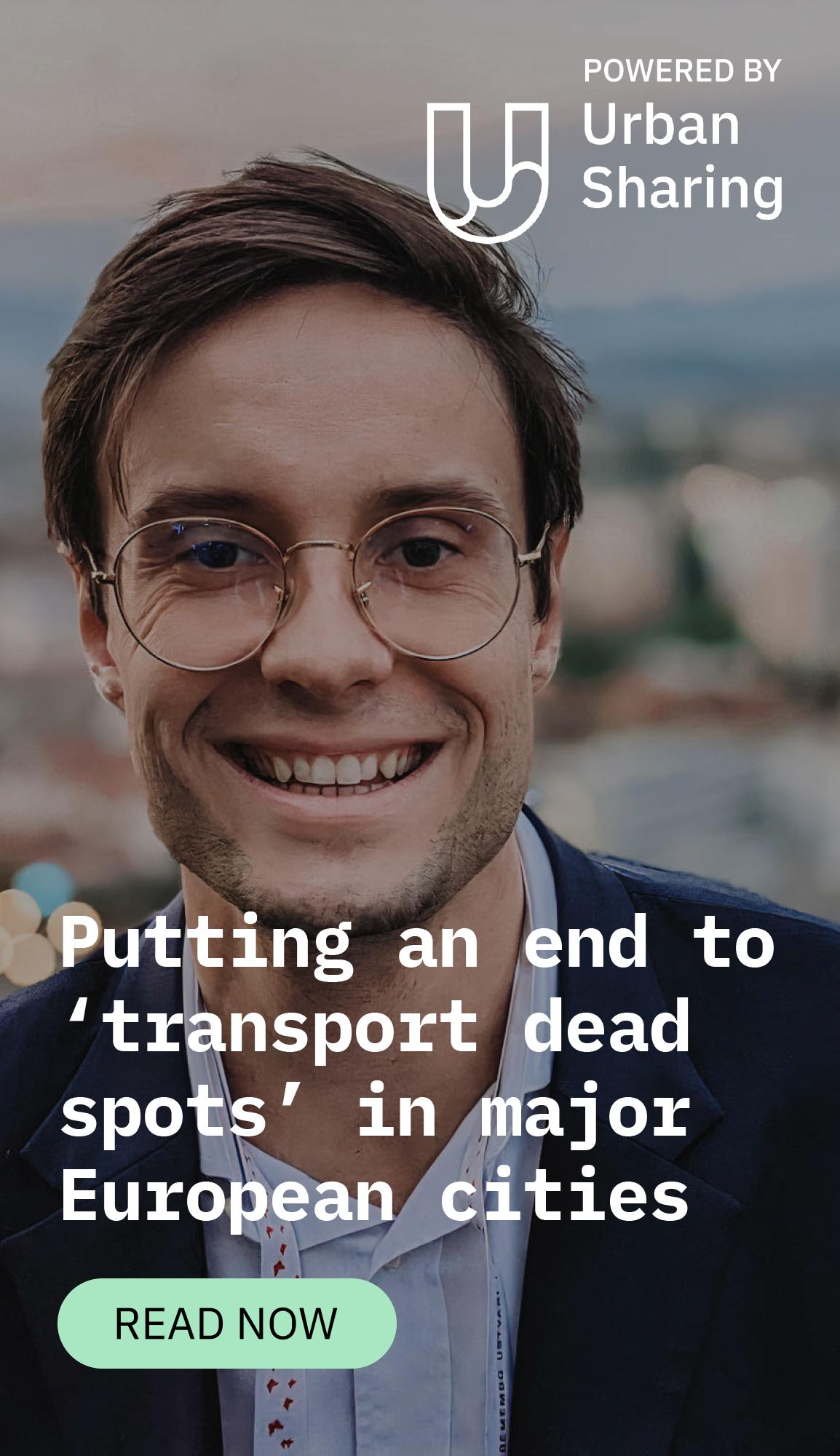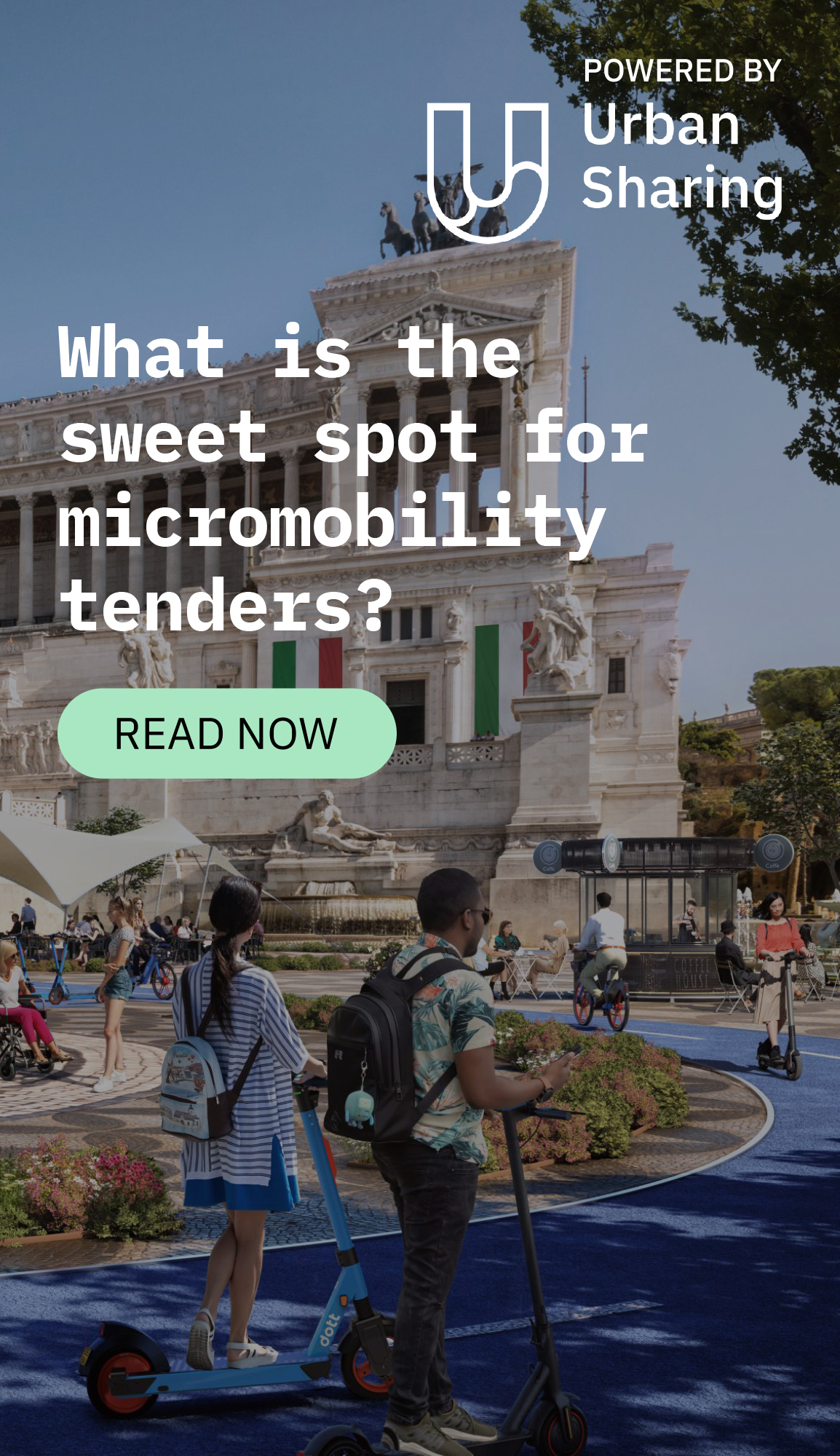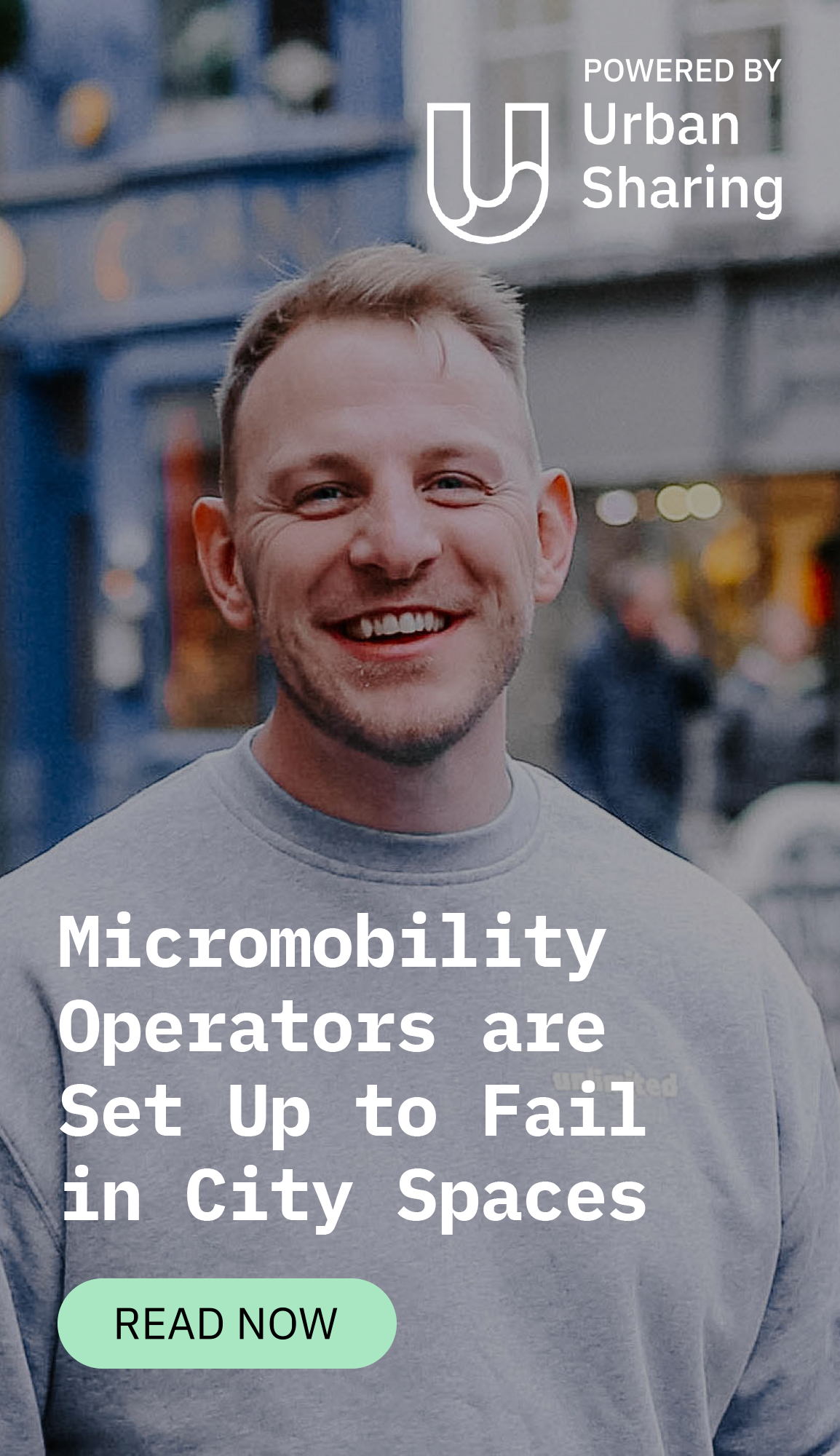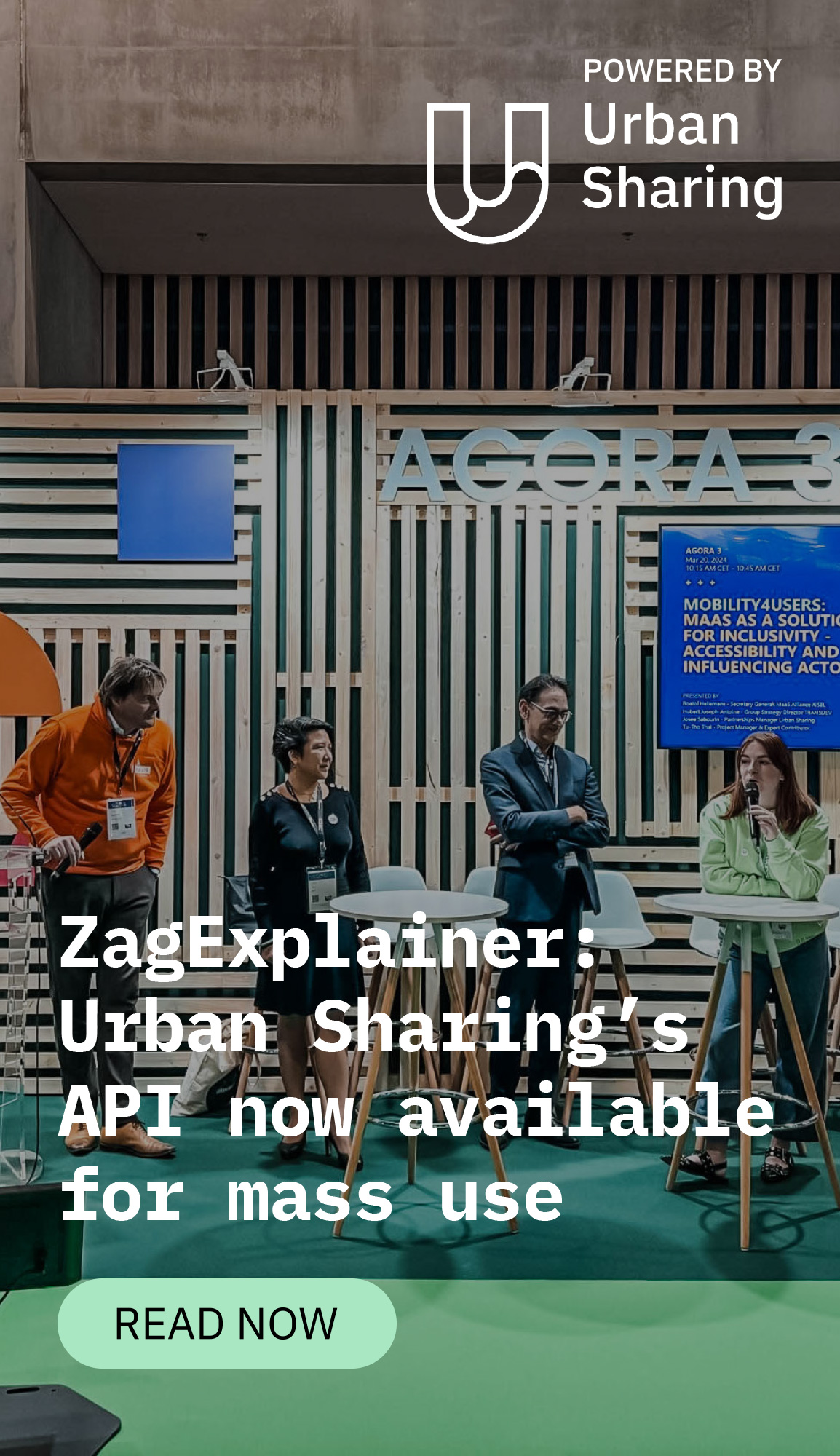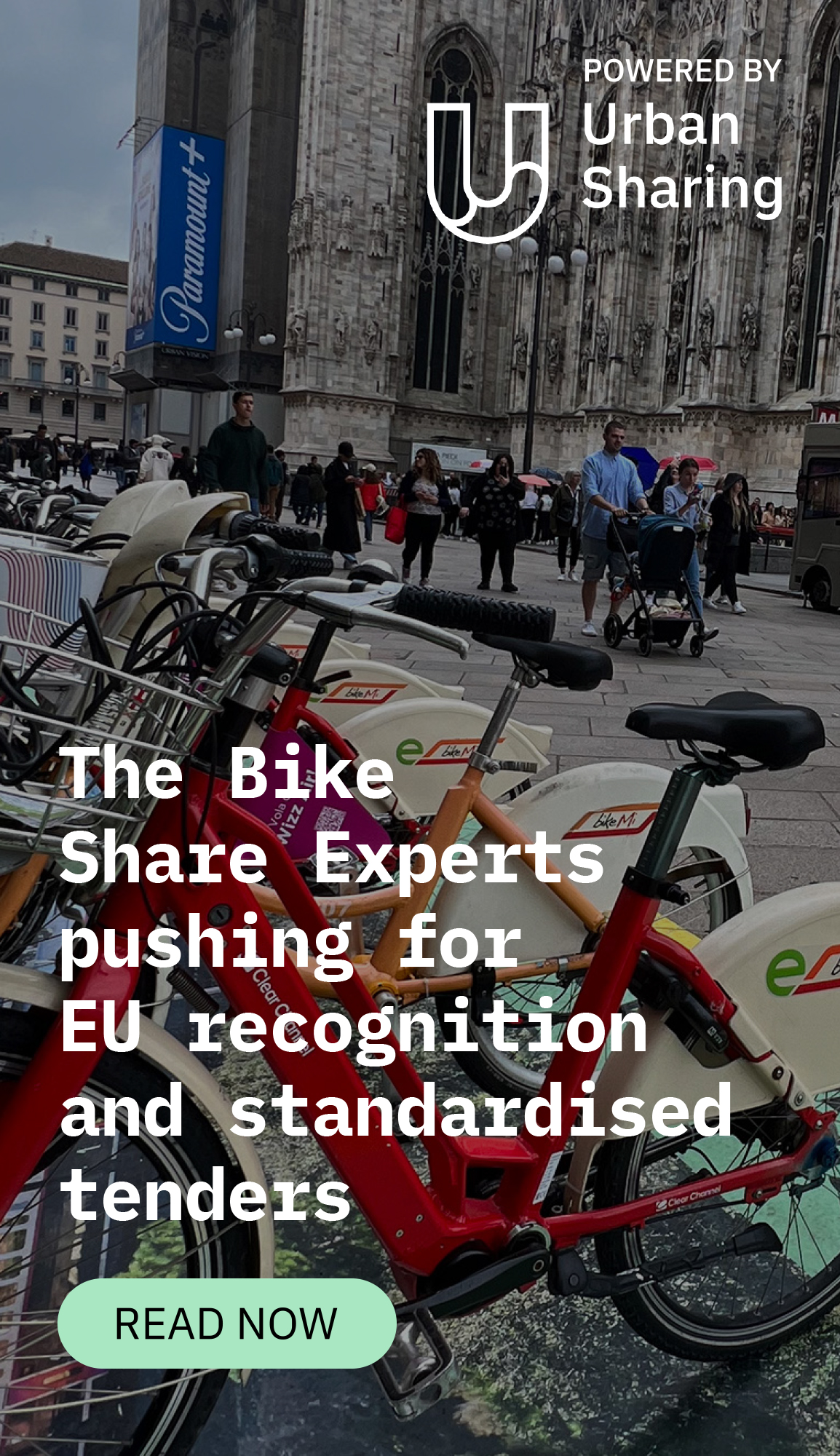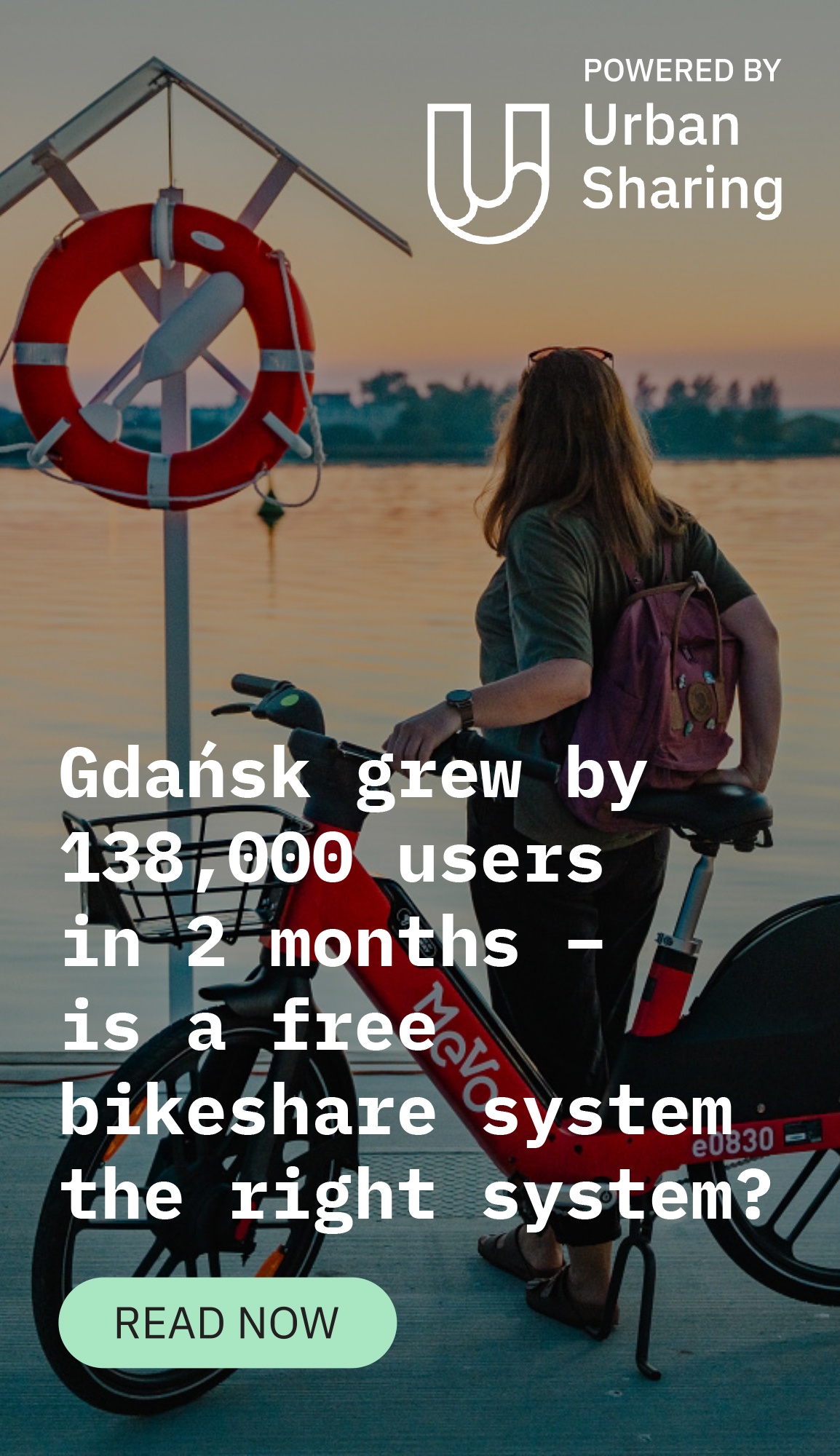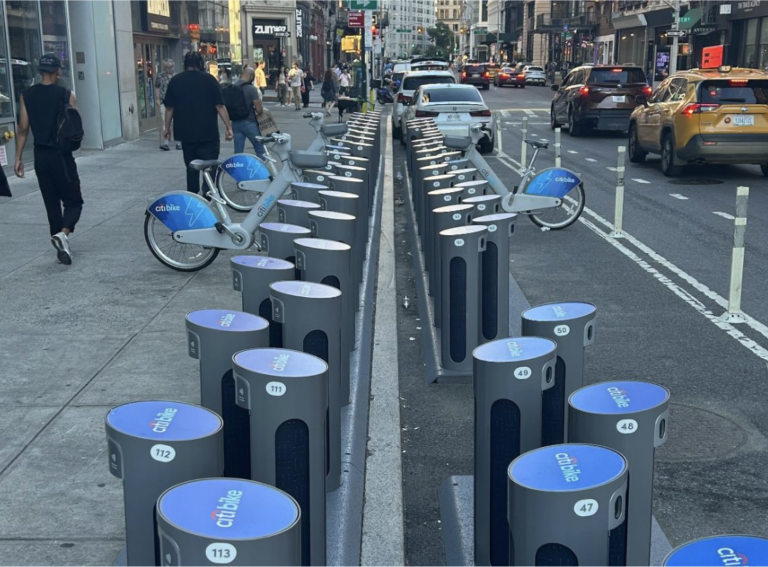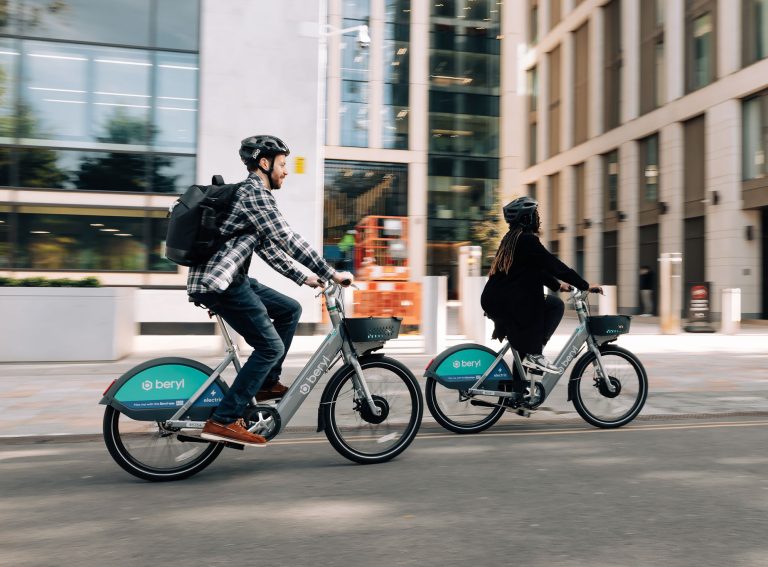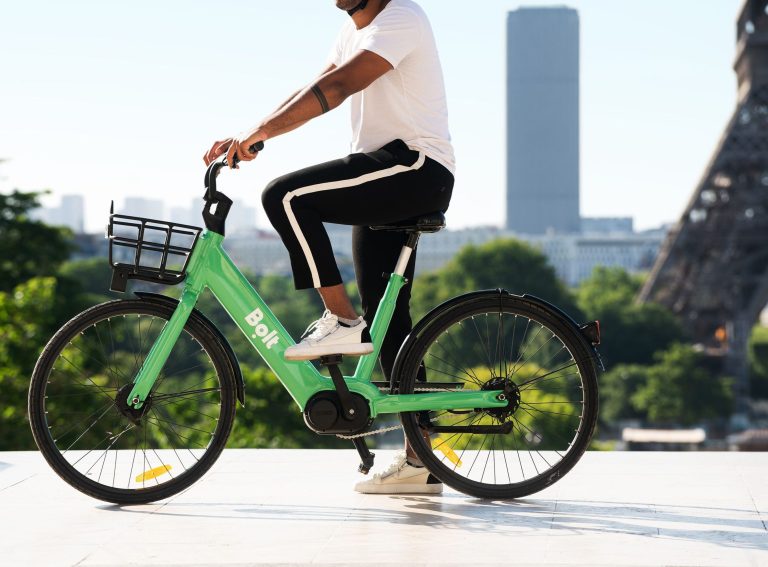The Covid-19 pandemic has thrown into sharp relief the need for new and additional transport infrastructure that is low in carbon and inexpensive for the country to deliver. We urgently need to tackle air pollution and congestion in London, and we need to meet the pressing challenges of the climate crisis. Micromobility will be valuable as part of a wider package of measures. That’s why I agreed to chair this APPG.
We are now past the point where we’re going to see huge levels of investment in new transport projects, particularly in the south. HS2 will be the last of the big-ticket projects for the foreseeable future, because the economy is in turmoil thanks to Covid. There has been a lot of controversy about HS2, but if it persuades more people off the M40, that can only be a good thing.
One of the biggest mistakes with transport planning has been to pitch transport modes into conflict with one another. In London, we’ve tried lots of different ideas, from Ken to Boris to Sadiq. We’ve had cycle superhighways, different types of bike-share, carpool trials and, shortly, e-scooter trials. The new battle is over low-traffic neighbourhoods, which seem to have exercised people across the capital. Planners need to bring residents along with them.
Rather than simply making it more difficult for motorists to get around, by reducing road space (with the exception of cycleways), and rather than taking punitive measures (such as carbon pricing for car parking), we must improve the way people can get around by other means. This is where we need world-class options in micromobility, as well as buses, trains and other traditional public transport.
We are investing in greener public transport, such as introducing low-carbon vehicles to our bus fleets and pressing on with the electrification of rail lines and removal of diesel rolling stock. But we must realise that achieving low-carbon, high-quality transport infrastructure will be a gradual process. It’s not about being at war with the car: we need to encourage and incentivise alternative forms of transport, such as e-scooters, e-bikes and other types of micromobility.
For shorter journeys that can be made by walking, cycling or using an e-scooter – taking the kids to school or popping down to the shop or going to see a friend – I would like to see people doing just that. It’s half-term now and it’s the perfect time to see the potential: main roads at 8am aren’t too busy. We could have this every day if we could encourage residents to choose these other forms of travel for short journeys.
One area of discussion will be whether or not we need some form of docking system for shared e-scooters when they arrive in London. Such a system wouldn’t be quite as get-up-and-go, and may therefore be less attractive to people, which could reduce the impact these little electric vehicles that take up very little physical space and produce no tailpipe emissions could have. But this might be a compromise we need to make to keep our streets tidy. We want cleaner streets in every sense of the word.
The mission of the APPG on micromobility is, in part, to help challenge government, to get the cogs of Whitehall moving, so that we can examine the evidence on e-scooters without delay, in order to introduce micromobility quickly and safely across the country.
Elliot Colburn MP was talking to Ross Ringham.
Elliot Colburn MP
Member of Parliament and chair at the all-party parliamentary group for micromobility.

